Consumers were recently warned that a large collection of personal data, including social security numbers, is available for purchase on the dark web. For some, the fear of having your social security number exposed is a fear already faced; multiple healthcare data breaches have already exposed social security numbers for many Americans.
For others, the realization that your social security number with accompanying personal identifying data is in the wild, is a freshly scary thought. Read more about the breach here.
Whether your social security number was compromised years ago, just recently, or is still a secret identifier, there are some steps you should take to protect your identity.
- Freeze your credit
- A credit freeze restricts access to your credit report. If you suspect your personal information or identity was stolen, placing a credit freeze can help protect you from fraud.
- Sign up for postal service notifications (Informed Delivery)
- Informed Delivery is a free service from USPS that shows you preview images of incoming mail, as well as status updates about your incoming and outbound packages. If you are receiving paper statements that contain personal information, this helps you keep track of them and notice if any mail is missing.
- Make sure your banking and credit card services have multi-factor authentication
- Turning on multi-factor authentication or using a security key will add another layer of security to your accounts and make it harder for criminals to access your accounts.
- Sign up for transaction alerts for banking and credit card services
- If fraudulent charges or withdrawals are made on your accounts, you have a better chance of catching the activity early if you are receiving alerts for transactions. You can begin disputes immediately and prevent further fraud.
- Use online bill pay instead of physical checks when possible
- Less physical checks = less pieces of your personal information in the wild
- Have a personal disaster plan
- Consider making a personal passphrase that you use with spouse, partner or other close family/friends. The passphrase will help these important people identify you in a phone call, text or email when they think you might be a victim of a deep fake or impersonation.
- Look into third-party identity and credit monitoring services. These are often offered by banks, credit cards, insurance providers, etc. for a small fee.
Often times, data breaches cannot be prevented by consumers. We are required to use our social security numbers, credit card and banking information, address and phone number on all sorts of documents. We cannot control how these are stored and protected, and cannot control how that data is shared. Take care to limit sharing of your data as much as possible (for example, many old paper applications ask for a social security number when you apply for store financing, rent a musical instrument for school, etc. Chances are good that they don’t actually need your social and you can leave this field blank. If they truly need it, they will let you know)
In a world where data breaches are increasingly common, being vigilant about sharing your personal information and questioning unnecessary requests can provide an added layer of protection against potential misuse.
